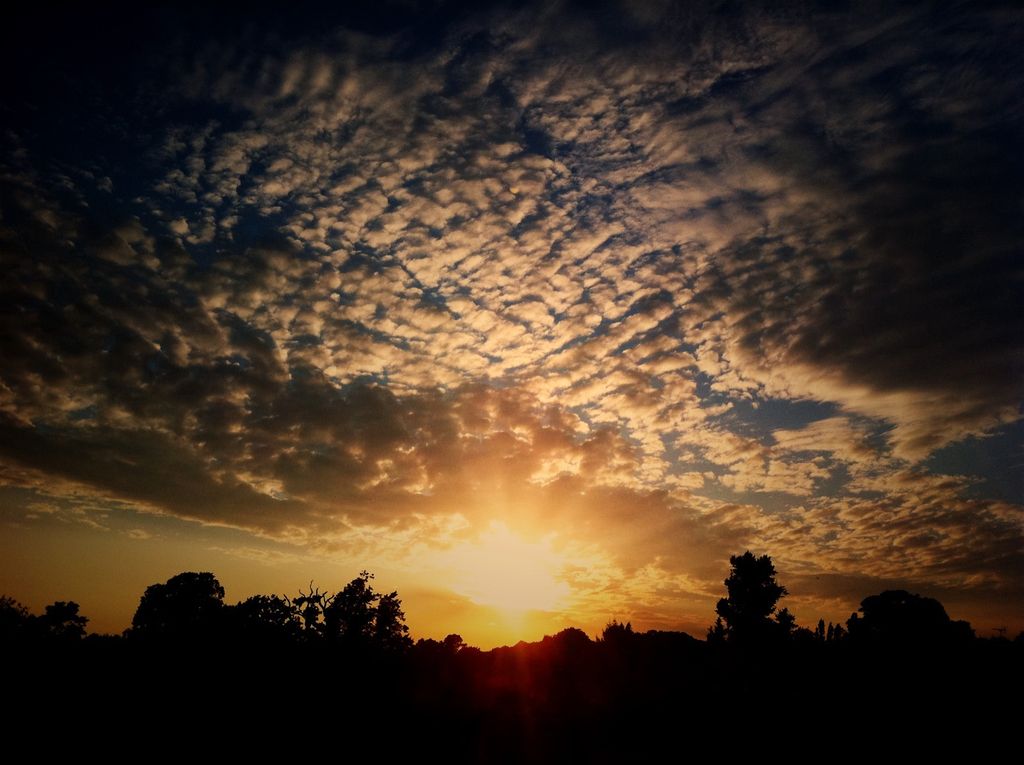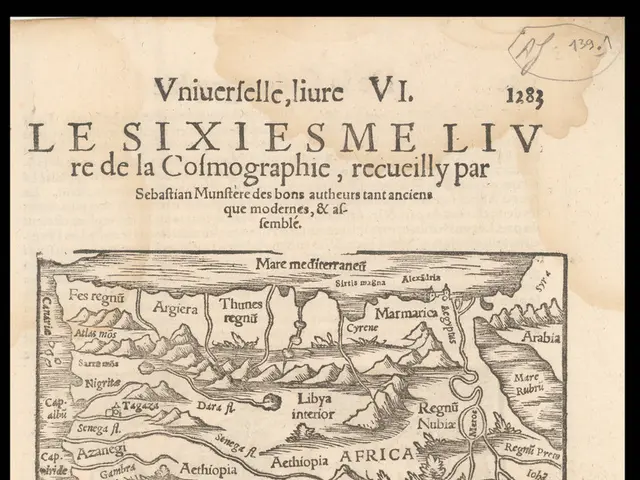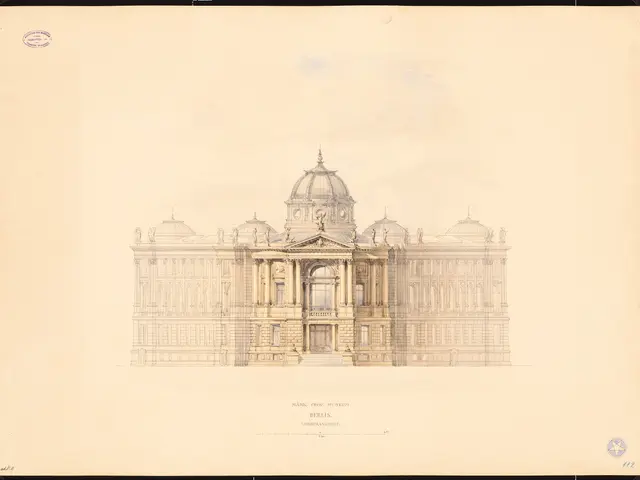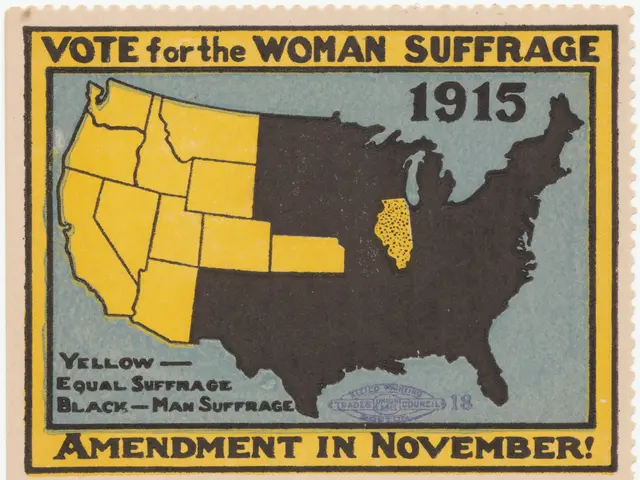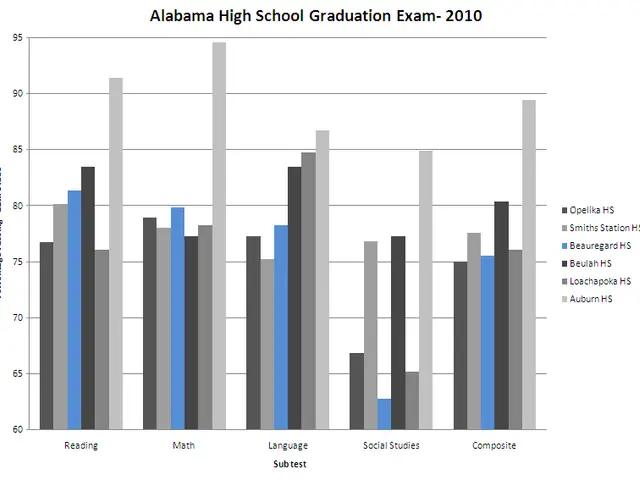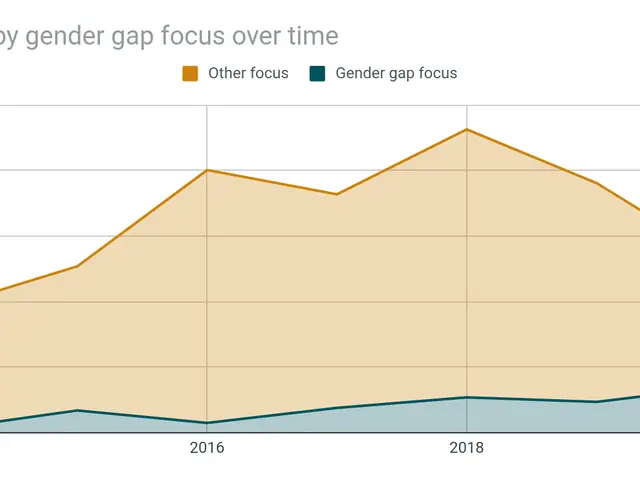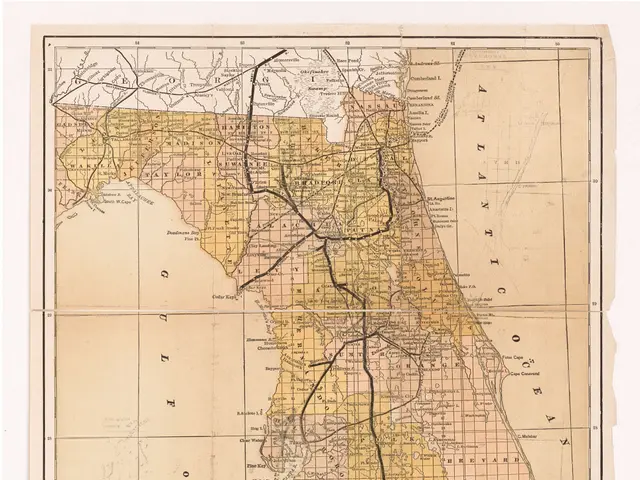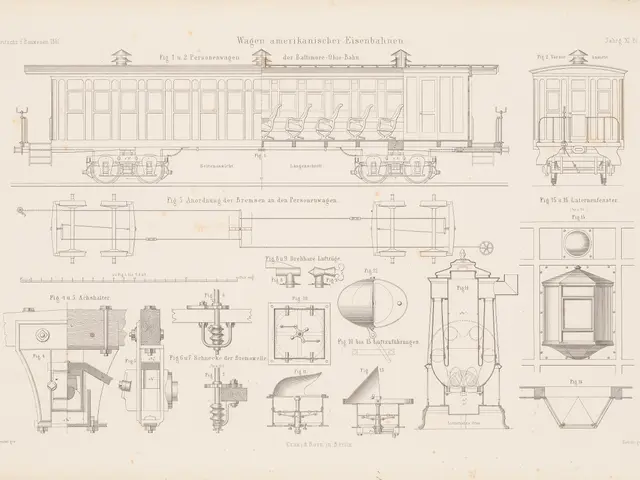Potential Decision by Roberts on Supreme Court Regarding Initial Publicly Funded Religious Charter School
WASHINGTON - The future of the nation's first publicly-funded religious charter school in Oklahoma hangs in the balance as Chief Justice John Roberts holds the deciding vote. The heated debates over the separation of church and state were on full display during the Supreme Court's two-hour hearing on the matter.
Roberts appears to be the swing vote, with his vote in question after the intense hearing. The court seems deeply divided, and his decision could set a significant precedent for religious charter schools across the nation.
Four other conservative justices appear to support St. Isidore of Seville Catholic Virtual School, with Justice Brett Kavanaugh expressing that the school isn't asking for special treatment. Instead, Kavanaugh argued, they're simply asserting they shouldn't be treated worse because they're religious.
However, the three liberal justices seem poised to affirm the Oklahoma Supreme Court's ruling that the taxpayer-funded school would violate the First Amendment by entangling church and state. Justice Elena Kagan argued that charter schools, in every respect, are equivalent to regular public schools.
Justice Amy Coney Barrett recused herself without giving a reason. This absence could prove crucial, as Barrett previously taught law at Notre Dame and maintains close ties with prominent advocate for publicly funded religious charter schools, Notre Dame law professor Nicole Garnett.
If Roberts sides with the liberals, the ruling would leave the state court decision in place and maintain the status quo, but it wouldn't resolve the issue nationwide. On the other hand, if he aligns with his conservative colleagues, the court could rule that the taxpayer-funded school aligns with past decisions favoring the flow of public funds to religious entities.
St. Isidore, a K-12 online school, had planned to start classes for its first 200 students last fall with a mission to evangelize them in the Catholic faith. Opponents argue that allowing this school to open could divert funds from public schools and disrupt the rules governing charter schools in almost every state.
This case comes at a time when efforts are underway, particularly in conservative-led states, to blur the line between religion and public schools. Controversial initiatives include displaying the Ten Commandments in classrooms and mandating the use of religious texts like the Bible in public schools.
The state board and St. Isidore school enjoy the support of several Republican-led states and religious and conservative groups. However, this case has generated dissent among Oklahoma's Republican leaders, with Gov. Kevin Stitt and Superintendent of Public Instruction Ryan Walters advocating for using public funds for religious schools, while Attorney General Gentner Drummond has sued to overturn the state board's approval of St. Isidore.
The critical question in this case is whether the school is public or private. Although charter schools are considered public in 45 states and the District of Columbia where they operate, they are independent of local public school systems and are free to religious discrimination in admissions and employment.
Approximately 3.9 million American schoolchildren, or about 8%, attend charter schools. Regardless of the Supreme Court's ruling, the debate over religious charter schools is likely to continue at the state level.
[References]1. American Civil Liberties Union. (2023). ACLU Sues to Block the Establishment of the First Taxpayer-Funded Religious Charters School in Oklahoma. https://www.aclu.org/press-releases/aclu-sues-to-block-establishment-of-first-taxpayer-funded-religious-charter-school2. NPR. (2023). Oklahoma Charter School Case Gives Supreme Court A Chance To Weigh In On Religion And Education. https://www.npr.org/2023/05/18/1357537232/oklahoma-charter-school-case-gives-supreme-court-chance-to-weigh-in-on-religion-and3. SCOTUSblog. (2023). Case over Oklahoma's first publicly funded religious charter school to be argued before Supreme Court. https://www.scotusblog.com/2023/10/case-over-oklahomas-first-publicly-funded-religious-charter-school-to-be-argued-before-supreme-court/4. Center for American Progress. (2022). What Is a Charter School? https://www.americanprogress.org/issues/education-k-12/reports/2022/06/30/515224/what-charter-school/5. Oklahoma Supreme Court. (2023). Cherwell Charter School II v. Oklahoma State Board of Education. https://www.oscn.net/applications/oscn/DeliverDocument.asp?CiteID=117177
- This Supreme Court case is significant as it may influence the future of general-news stories involving the establishment of religious schools, includingcharter schools, across the nation, particularly in states with conservative leadership that advocates for blurring the line between religion and public education.
- Immigration and self-development platforms may find it relevant to follow this case, as rulings on religion-based charter schools could potentially impact the education opportunities for immigrants and their children, shaping the diversity and inclusivity of educational institutions in the United States.
